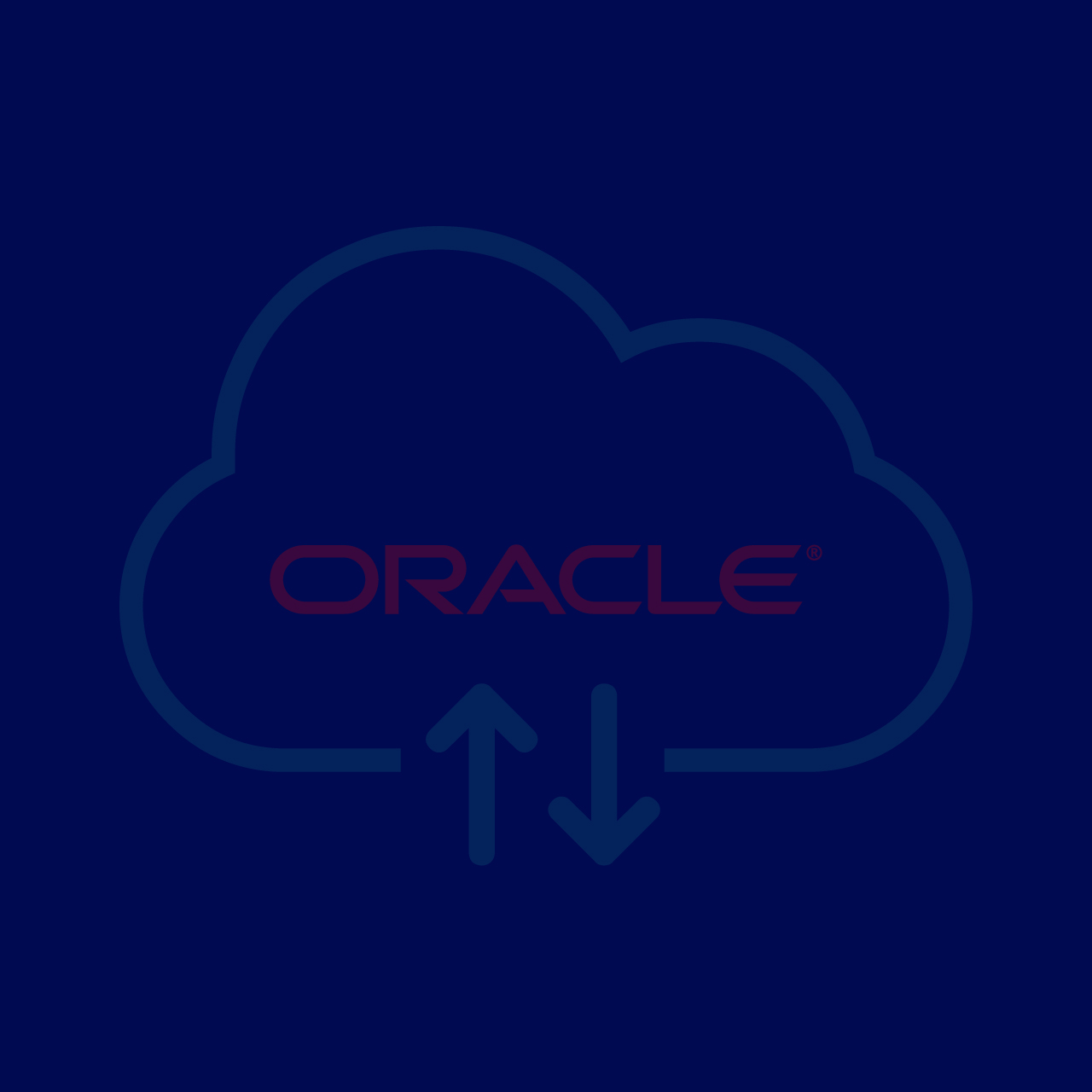By definition, A database stores information in a well-defined way so that the data stored in it will be easily accessible, and we could modify it according to our needs. Almost every database includes several tables, having different fields. Let’s say, a company database should contain tables for their products, staff, and other necessary records. The tables should include various attributes in a particular section of the company.
The Oracle Exadata cloud service is a cloud database service that provides the highest performance and mission-critical data resilience. Exadata features modern cloud-based architecture with scale-out high-performance database servers and intelligent storage servers. It also ensures complete isolation of tenants with no overprovisioning state-of-the-art PCI Flash.
The Exadata cloud service adds the ease simplicity and flexibility of Oracle public cloud with fast elastic web-driven provisioning. Oracle experts manage all back-end infrastructure on behalf of customers which means human resources and IT administration costs are significantly reduced and IT can focus on improving business results.
Some salient features which you should know:
Better in expandability: Customers can work with more than one and bigger databases with more compute capacity. It also allows customers to fulfil the requirements of various workloads separately.
Easy to use and working with connected databases: The deep learning algorithms used by Oracle allows developers to make best in use products, better performance applications with no any integration with other working services running outside the database.
Lowers the total costs: It allows customers to work on analytics workloads in very less time by using only a few resources and thus reduces the costs which allow the customers to meet their desired requirements.
Exadata Cloud Service Instance:
Each Exadata Cloud Service instance consists of a computer and host nodes. Each computer node is configured using a Virtual Machine. You have root privileges over the computer node virtual machines, so you can download and run additional software on them. You do not have administrative access to Exadata infrastructure components, including the physical computer node hardware, the network switch, the power distribution unit (PDU), the integrated light-off management interface (ILOM), or the Exadata Host, all governed by the team.
For all types of hardware, you have full administrative privileges over your database, and you can connect to your database using Oracle Net Services from outside the Database. Oracle cloud infrastructure. you can also customize the default automatic maintenance settings and you can control the recovery process in the event of a database failure.
Exadata System Configuration:
Exadata Cloud Service configuration with two compute nodes. Each system configuration is provided with a hard and fast amount of memory, storage, and network resources. However, you can choose the number of CPU cores for the compute node (database server) you want to enable. This choice allows you to scale your Exadata Cloud Service configuration to meet workload demands and pay only for the processing power you need. Each database server should include an Equal number of valid CPU cores.
Following are the offered system configuration by Oracle:
Quarter Rack: Having two nodes and three storage servers.
Half Rack: Having four nodes and six storage servers.
Full Rack: Having eight nodes and 12 storage servers.
Exadata Storage Configuration:
Exadata cloud service in Oracle cloud infrastructure provides a set of unique values around availability performance and ease of cloud integration. Exadata offers private and secure networking a dedicated network with multi-layered security ensures data safety provides a highly available data centre. Each data centre has three availability domains for local failover as well as the ability to peer across regions best-in-class compute instances
In Exadata Cloud Service cases based on Oracle Exadata X6 Hardware or Oracle Exadata X5 hardware, there are additional disk groups that support various operating purposes. The DBFS disk group is widely used to store shared Oracle Cluster ware files (Oracle Cluster Registry and voting disks), while ACFS disk clusters share shared file systems used to store software binaries (and dots) and files associated with the use of a particular cloud tool residing on your Exadata Cloud Service computer nodes. Disk systems or related ACFS systems.
Exadata Cloud Service Roles And Users:
Whenever the service account is set up, the administrator is given this role. User accounts must be added afterward so that nobody can access and use cloud service. The administrator can make more service administrators by creating user accounts.
The following points mentioned are a list of full control which is given to the database administrator:
It creates and deletes a database structure.
It can restore the database or backup the database.
It checks and controls the service used in the cloud.



